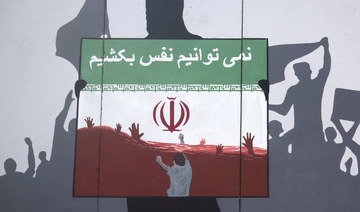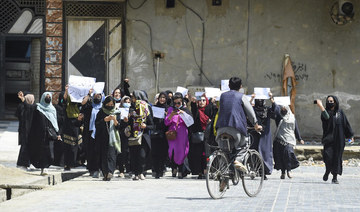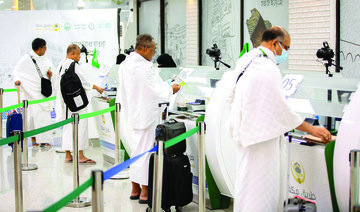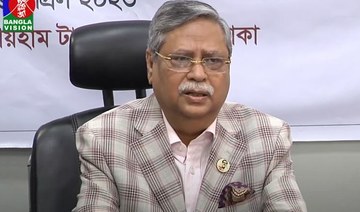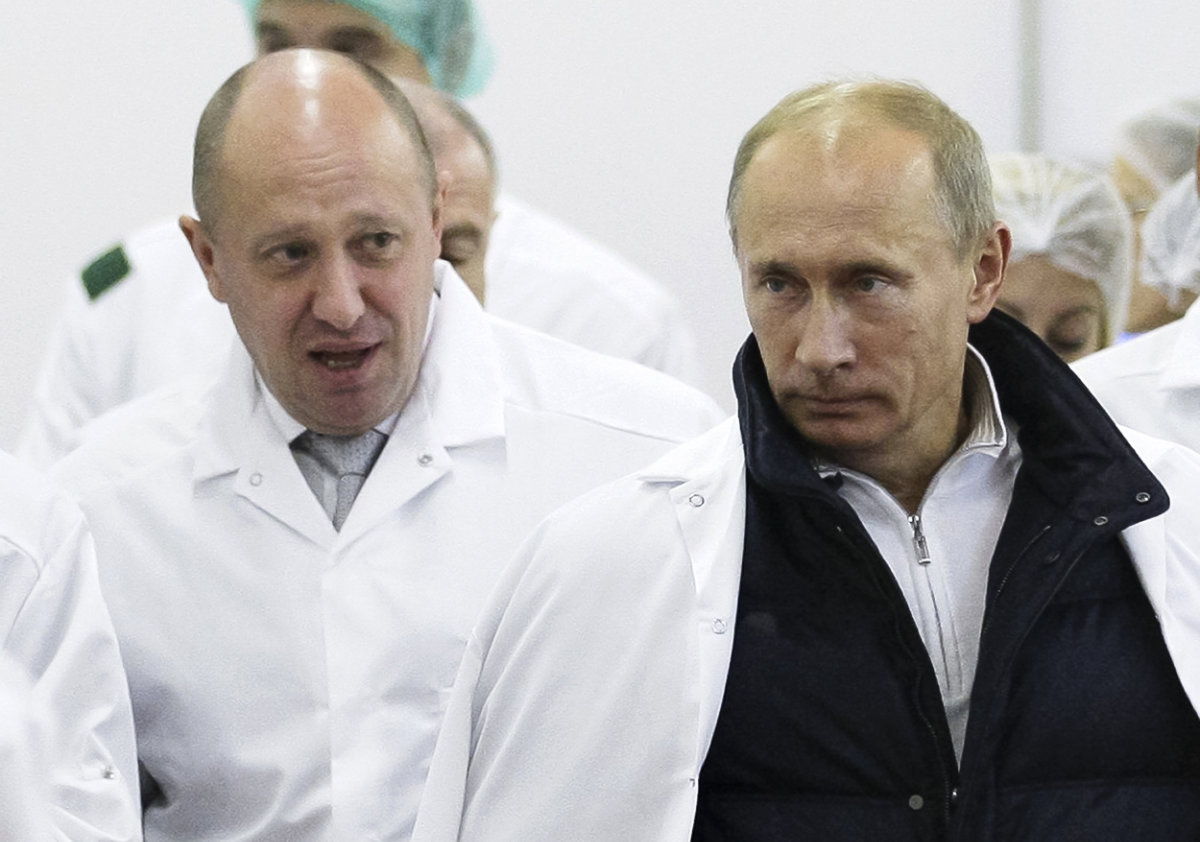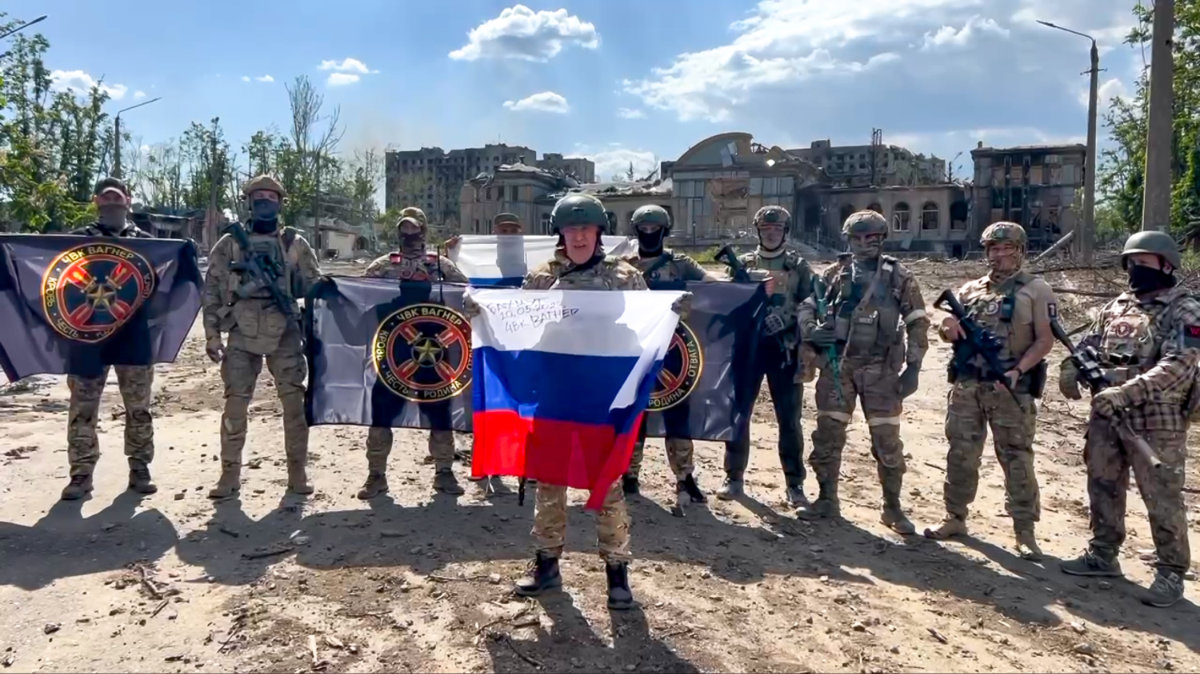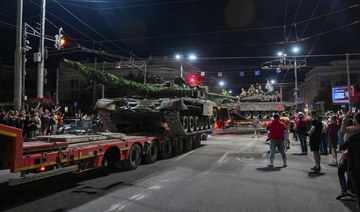KABUL: The Taliban administration has raised concerns with Tehran over difficulties faced by Afghan refugees in Iran, an official said on Sunday, as reports of mistreatment continue to emerge from the neighboring country.
Iran has for decades hosted millions of Afghans fleeing armed conflict in their country.
Nearly 600,000 Afghan passport holders live in Iran and about 780,000 are registered as refugees, according to 2022 data from UN High Commissioner for Refugees, while 2.1 million Afghans remain undocumented.
The number of Afghans crossing into their western neighbor has increased since 2021, when the Taliban took control of the country and international sanctions slapped on their administration shattered the economy. Many have since been forcibly expelled back to Afghanistan, and reports of their abuse at the hands of Iranian security forces have been on the rise.
This month, videos circulated on social media shed new light on the ordeal faced by Afghan refugees in Iran. At least one clip showed topless Afghan men chained together and kneeling on the sand, crying and pleading as they are whipped with a belt. Other footage has emerged since last year, with reports of abuse not only by the Iranian police but also by criminal gangs and human traffickers.
“There is no doubt that Afghans have faced a number of problems in neighboring Iran,” Abdul Mutalib Haqqani, spokesman for the Ministry of Refugees and Repatriation, told Arab News on Sunday.
“We have talked to Iranian officials…and shared such concerns and problems of Afghans with them,” Haqqani added. “One of the problems is that a big number of Afghans have been forcibly expelled from Iran.”
Iranian security forces have “unlawfully killed” at least 11 Afghans, according to a report by Amnesty International published last August, which also documented the forced returns and torture of Afghans.
Last April, viral footage showing the mistreatment of Afghan refugees in Iran prompted a wave of protests targeting Iranian diplomatic missions in Kabul and Herat.
Those reports, however, have not deterred Afghans from seeking a better life in Iran, said social activist Dr. Azad, who is based in the western province of Herat.
“About 80 percent of Herat residents have been living in poverty and economic problems,” he told Arab News. “Almost one member of each family from Herat province is traveling to neighboring Iran to find work until they can provide food for their family.
“Those who have passports and those without any documents have all had to face different problems with the Iranian authorities.”
But problems faced by Afghan refugees in Iran are multifaceted and do not always directly involve Iranian officials, said Attaullah Khogyani, an Afghan activist based in Tehran.
“Afghan refugees have a lot of problems in Iran. Sometimes they are arrested and beaten very badly, and after the arrest, they are forcibly expelled to Afghanistan,” Khogyani, whose work focuses on refugee rights, told Arab News in a phone interview.
“There are some groups who abduct Afghans and then ask them to pay money, taking away their passports and other legal documents too,” he added.
“Our neighbors are not treating us well at all and haven’t given us support or help,” he said. “Afghans are suffering a lot now.”




